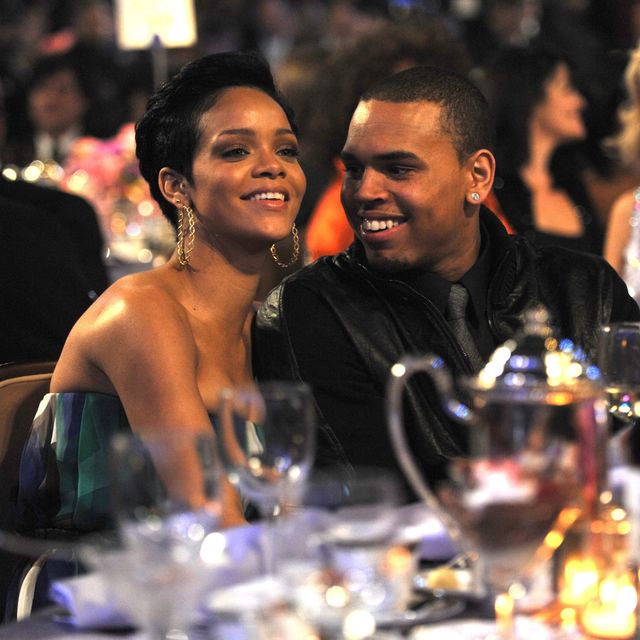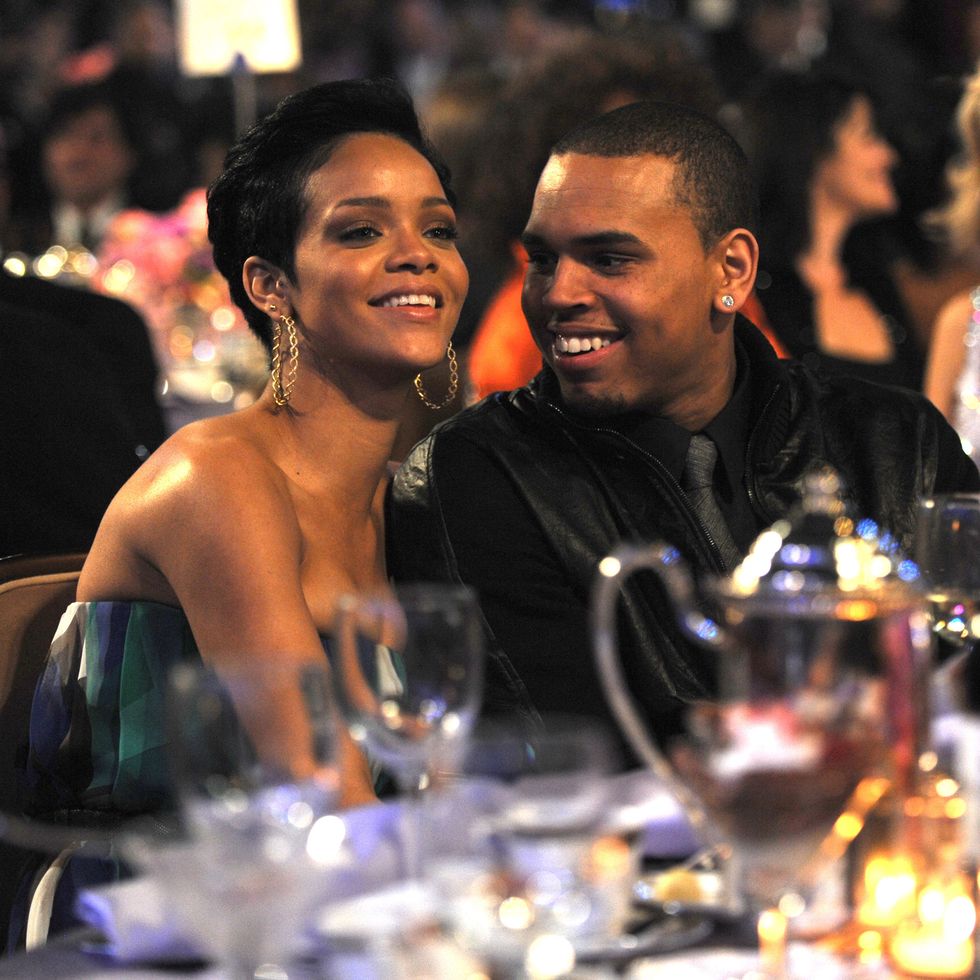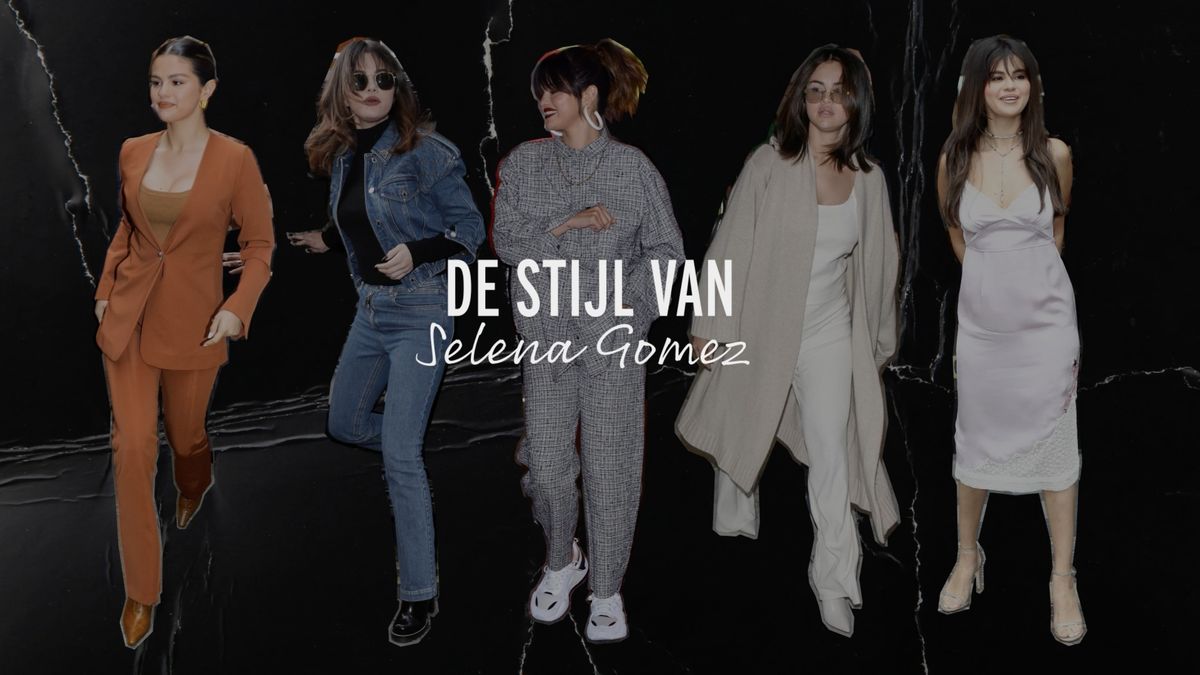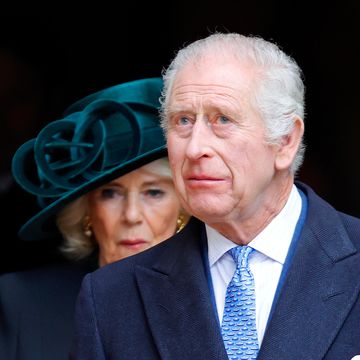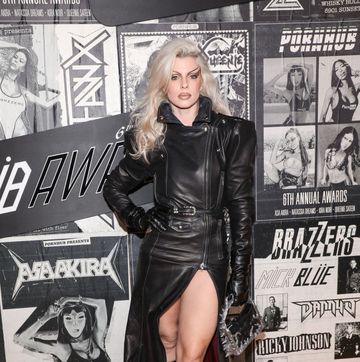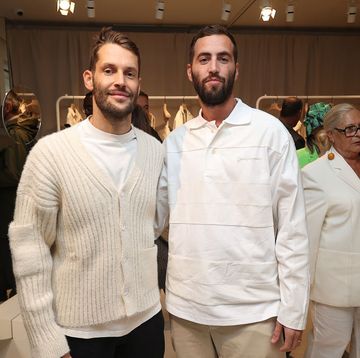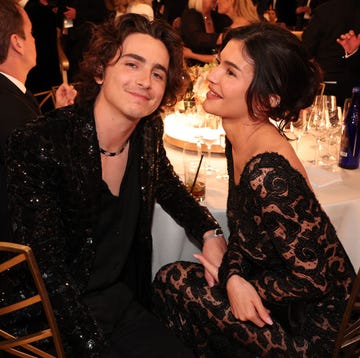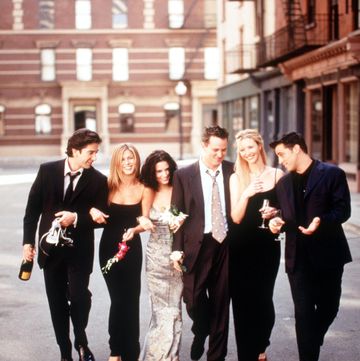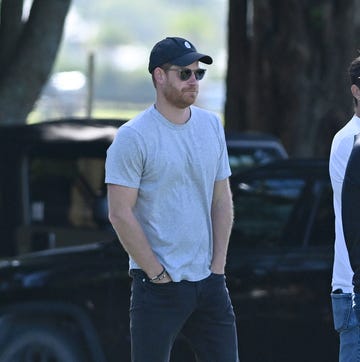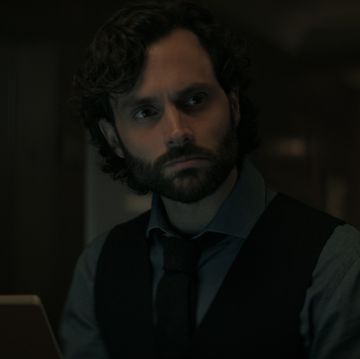Het is inmiddels ruim acht jaar geleden dat Chris Brown op een avond na de Clive Davis' Grammy's in een uit de hand gelopen ruzie Rihanna mishandelde; de foto's van Rihanna's gezicht kennen we, helaas, maar al te goed. Verschrikkelijk, en lange tijd hoorden we Chris Brown er nauwelijks over.
Tot nu, want er is een documentaire over zijn leven gemaakt: Chris Brown: Welcome to My Life. In de documentaire bespreekt hij ook hoe de avond liep, en hoe de ruzie startte: Rihanna zou een berichtje in zijn telefoon hebben gelezen van een vrouw waar hij in het begin van hun relatie mee geslapen had. Brown:
'She starts going off, she throws the phone. "I hate you,". She hits me a couple more times....I remember she tried to kick me, but then I really hit her, with a closed fist, I punched her. I busted her lip. When I saw it, I was in shock. I was like, "Fuck, why the hell did I hit her?" From there, she just spit in my face, spit blood in my face, and it enraged me even more.'
Volgens Brown begon hun relatie al eerder heetgebakerd te worden; al vanaf het moment dat hij had toegegeven met een ander te hebben geslapen toen ze nog aan het daten waren. Sindsdien was Rihanna haar vertrouwen in hem verloren, en was dit niet de eerste ruzie waarbij ze beiden geweld gebruikten:
'My trust was lost with her. She hated me after that. I tried everything. She didn't care, she just didn't trust me after that. From there, it just went downhill because it would be fights, it would be verbal fights, physical fights as well...'
Over de nasleep van die avond, zegt hij:
'I went from being on top of the world, No. 1 songs, being kind of like America's sweetheart to being Public Enemy No. 1. I felt like a f---ing monster ... I was thinking about suicide, I wasn't sleeping, I barely ate.'
Ai.
Inmiddels hebben verschillende vrouwenorganisaties grote kritiek op Browns uitspraken. Zo waarschuwt Sandra Horley, CEO van huiselijkgeweldinstelling Refuge, voor Browns 'victim-blaming', een tactiek waarbij er wordt gedaan alsof geweld altijd 'twee verhalen heeft' en dus ook twee verantwoordelijken. Horley:
'Whatever goes wrong in a relationship, no man has a right to hit his partner. We all say and do things we later regret, but domestic violence does not "take two".'
Ze vervolgt:
'No woman can make a man hit her; violence is a choice he makes and he alone is responsible for it. Blaming the victim is another way perpetrators maintain control over their victims–it shifts the responsibility to the woman. Manipulating her into thinking she is responsible is a ploy abusers use to deflect from their violent and controlling behavior. Hitting a woman is never acceptable behavior–it is against the law.'
Ook Women's Aid vat Browns opmerkingen serieus op en waarschuwt ook voor victim-blaming. CEO Katie Ghose aan Harper's Bazaar UK:
'Despite pleading guilty to felony assault and accepting a plea deal, in this documentary Chris Brown is victim-blaming Rihanna for the horrific physical assault he perpetrated against her back in 2009. Brown is sending out a very dangerous message to both survivors and abusers by relieving himself of responsibility for his actions by blaming Rihanna for provoking him.'
Ghose voegt er nog aan toe dat victim-blaming groot effect heeft op slachtoffers; het is een van de grootste redenen dat ze huiselijk geweld niet (durven te) melden.
'Women are frequently discouraged from coming forward for fear of being blamed for the abuse. Nearly half of domestic abuse survivors responding to a HMIC online survey had never reported the abuse to the police.'
Te maken met huiselijk geweld? Bel voor het maken van een melding of hulp met Stichting Veilig Thuis: 0800 - 2000. Het nummer is anoniem en is niet terug te zien op de telefoonrekening.
